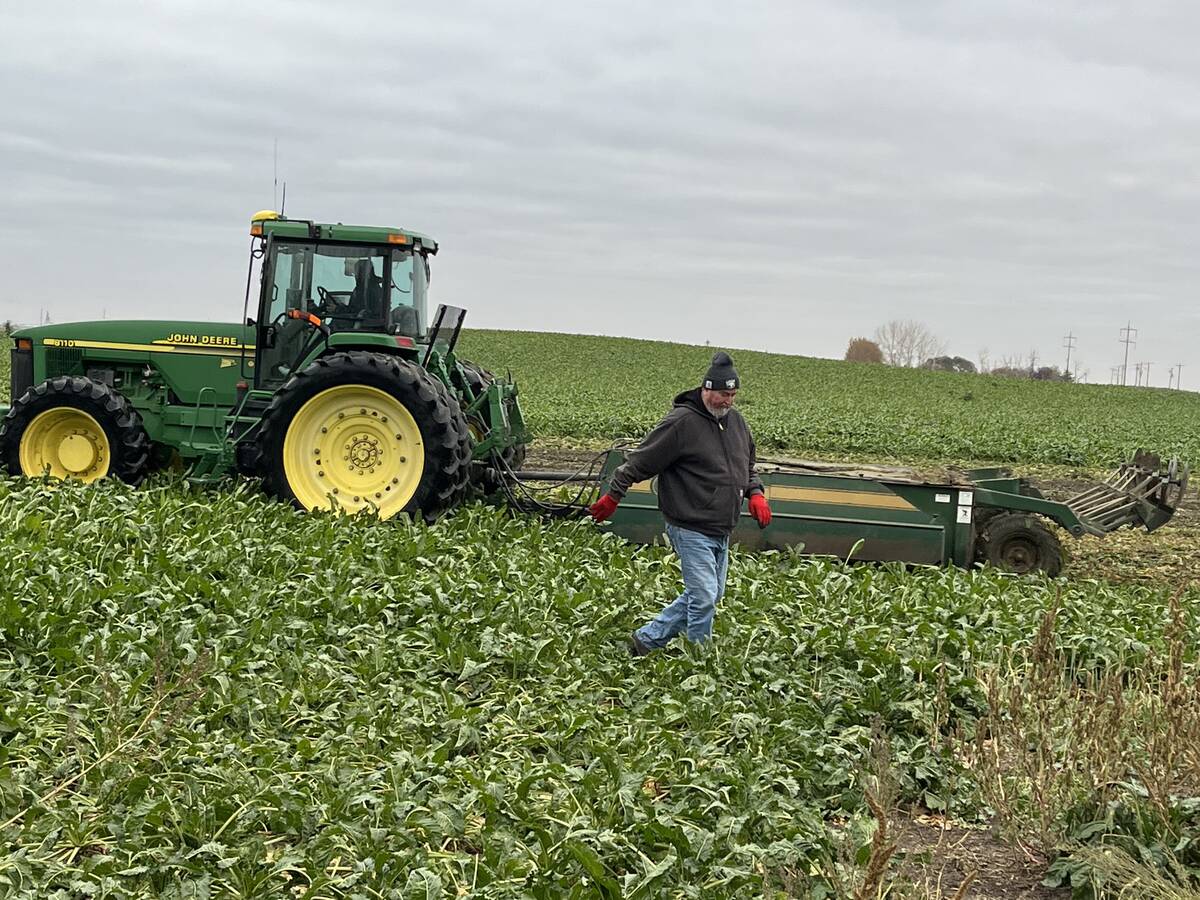Producers should make more money if grain researchers, agrologists and officials can get their ducks in a row, a new wheat committee thinks.
“We want to get useful agronomic information for the growers,” said Earl Geddes, a Canadian Wheat Board program manager and the chair of the Prairie Protein Action Committee.
“The market tells us one thing, our system says another, producers want more out of the system, so we thought we’d better bring all the players together to discuss how to manage the system for producers.”
Read Also

Weight-loss drugs and health initiatives hammer a crop that usually provides an economic cushion
Americans are simply eating less sugar. Consumption started to decline in the 1990s as artificial sweeteners grew in popularity. Farmers this year planted their smallest sugar beet acreage since 1982.
The committee wants to link fertilizer industry researchers, soil extension agrologists, soil scientists, plant scientists and plant breeders so their collective research can be better co-ordinated.
Geddes said meetings earlier this year showed that “the conversations that go on between these people are few and far between.”
Once that research is done, the committee wants to ensure that producers know about it and can benefit from it.
Geddes said soil fertility research is being done in Manitoba, Saskatchewan and Alberta, with some of it redundant. Some provincial studies could be better shared, allowing researchers to look deeper into other areas.
Geddes said co-ordinating the vast amount of agricultural research done by universities, government departments, producer groups and companies will ensure research doesn’t overlap too badly, and there aren’t large areas left unresearched.
Canada’s grain customers have specific protein requirements, and they’re willing to pay a premium if they can get what they want.
Because of this, the wheat board has begun offering higher prices for wheat that meets the requirements.
“Producers are asking for more relevant information on what creates that premium,” Geddes said.
“It’s a combination of soil fertility, plant breeding and market information.”
Geddes said the committee wants to make sure Canada is able to produce the right kind of wheat and that growers know what to grow.
Next March extension agrologists from across the Prairies will meet to work out a way of spreading wheat knowledge to producers.















